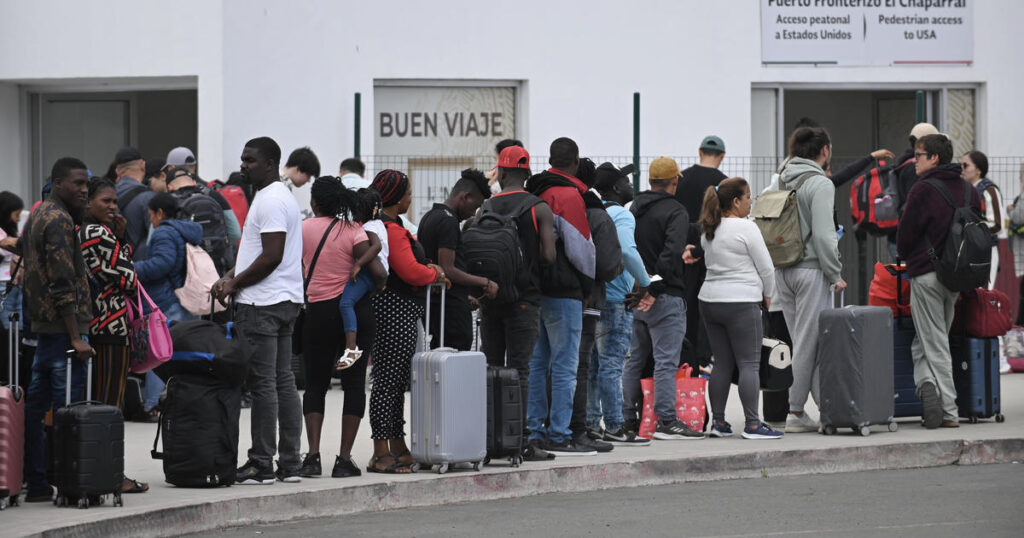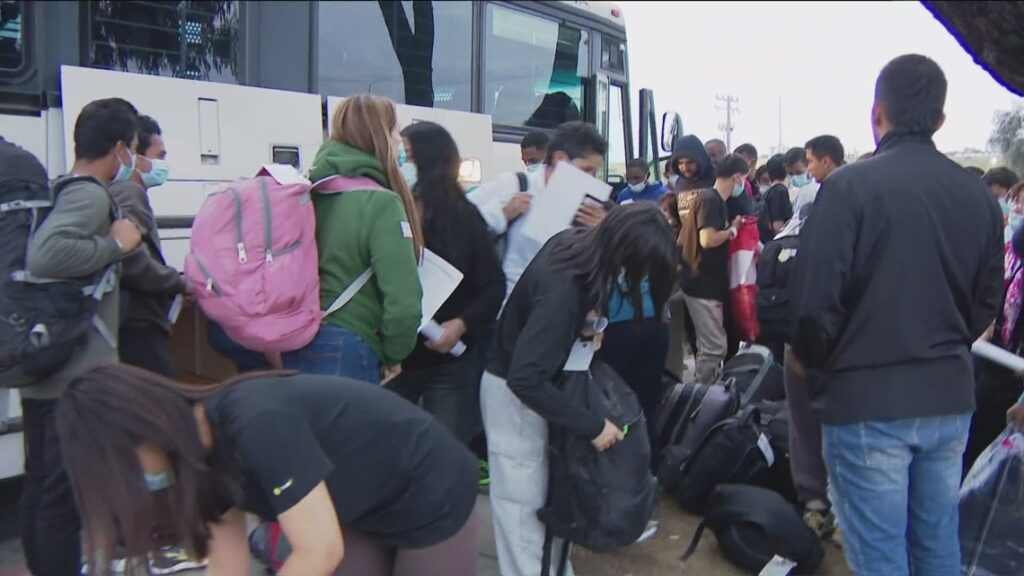The Biden administration announced Friday it will not renew a temporary humanitarian entry program that allowed some 530,000 migrants from Cuba, Haiti, Nicaragua, and Venezuela to enter the United States since October 2022.

The Department of Homeland Security (DHS) said the two-year “parole” grants for these migrants will begin to expire in the coming weeks. However, many may be eligible to remain in the country under other programs.
“This decision aligns with the plan outlined when the program was launched,” said DHS spokesperson Naree Ketudat. “Migrants without permission to remain in the U.S. will need to depart prior to the expiration of their authorized parole period or may be placed in removal proceedings.”
The parole program, which allows migrants with U.S. sponsors to enter for humanitarian reasons or significant public benefit, will continue to accept new applications from abroad.
Immigration experts note that many of these migrants have alternative pathways to remain in the United States. Cubans may be eligible for permanent residence under the 1966 Cuban Adjustment Act, while many Haitians and Venezuelans qualify for Temporary Protected Status. All four nationalities can apply for asylum.
The decision comes as immigration remains a top issue for the November 5 presidential election, with Republican candidate Donald Trump criticizing the parole program.

President Biden implemented the program as part of efforts to reduce illegal border crossings, which have decreased in recent months following new border restrictions.
As the situation develops, advocacy groups and policymakers continue to debate the broader implications for U.S. immigration policy and the fate of hundreds of thousands of migrants affected by this decision.
“This policy shift raises significant questions about the future of humanitarian immigration programs,” said Dr. Maria Rodriguez, an immigration policy expert at Georgetown University. “While some migrants have alternative options, others may face uncertain futures.”
The DHS emphasizes that each case will be evaluated individually, considering factors such as family ties, work history, and community integration. As the expiration dates approach, affected migrants are advised to consult with immigration attorneys to explore their options for remaining in the United States legally.



